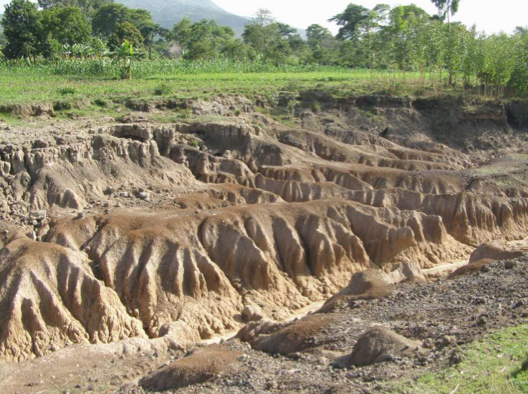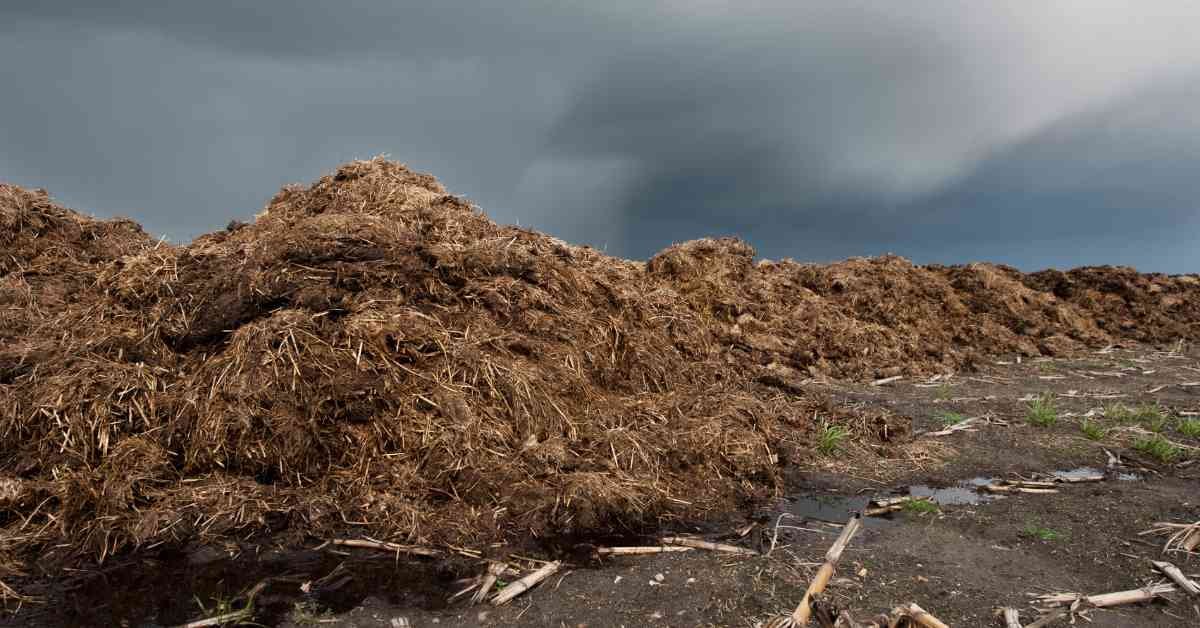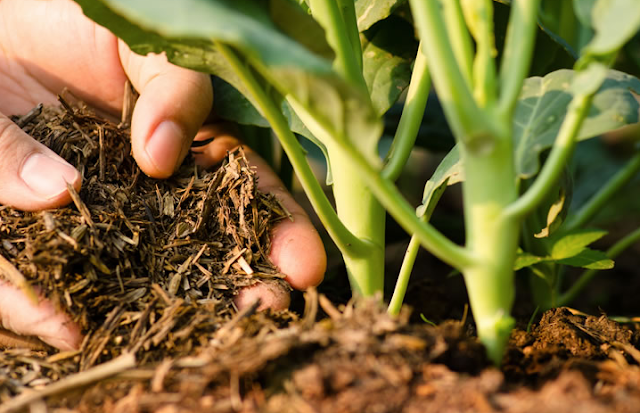Top 10 Causes of Soil Depletion
Causes of Soil Depletion The main causes of soil depletion are the accumulation of pathogenic microorganisms (fungi, bacteria, viruses) that inhibit the growth of certain plants by their secretions or by infesting the roots; The development of pests and weeds, and soil exhaustion. Some other causes are given below- 1. Loss of top soil by erosion: This is the removal of the topmost soil by either water or wind. When the topmost soil is taken away, it exposes the layer beneath for further loss, as nutrients are taken away as the topmost soil is removed. 2. Nutrient Leaching: It is the leaching of nutrients deep down the soil by water draining down the soil. This leads to displacement of nutrients beyond the reach of roots of plants. 3. Continuous cropping: It is the continuous cultivation of crops on the same piece of land without allowing the land to fallow. This over exploitation and excessive use of nutrients in the soil leads to their depletion eventually. 4. Compacting: Soil compacting is as a result of the impact of humans, animals and machines on a piece of land long enough to disturb the soil structure. Over long periods, essential components of the soil are lost such as soil air, microorganisms and certain plants that may offer some protection. This is mainly through walking and use of land for certain human activities, impact form, cars and machinery as they apply direct force to the soil. 5. Flooding and excessive irrigation: This leads to excessive water present on land. Excess water drains away nutrients from the soil rendering its deficient. 6. Crop removal: some crops offer some form of protection for soil against soil erosion and evaporation which might otherwise lead to loss of soil nutrients and water. 7. Decrease in organic matter content and soil bioactivity: The decreased levels of organic matter causes a strong reduction in soil fertility as it plays several roles in soil. The microbial activities in …




